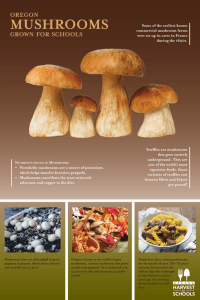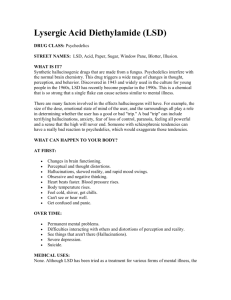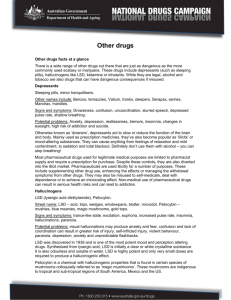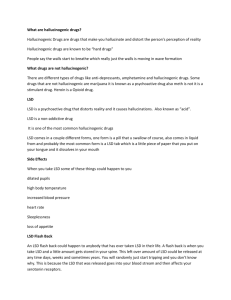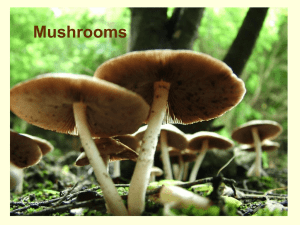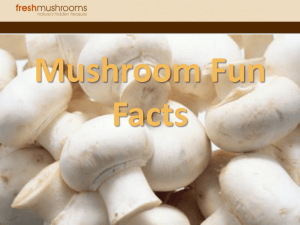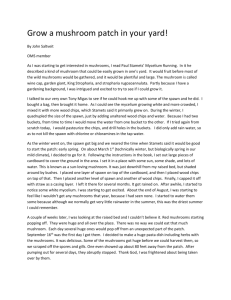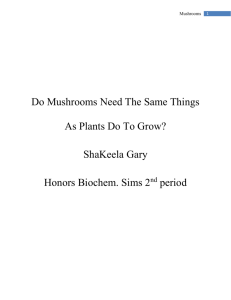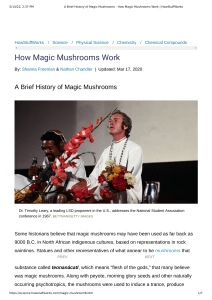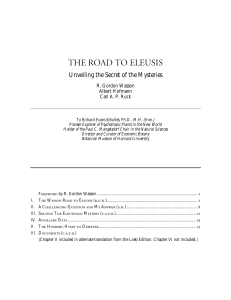lsd/acid/shrooms - taylorsvillelitmag2012
advertisement
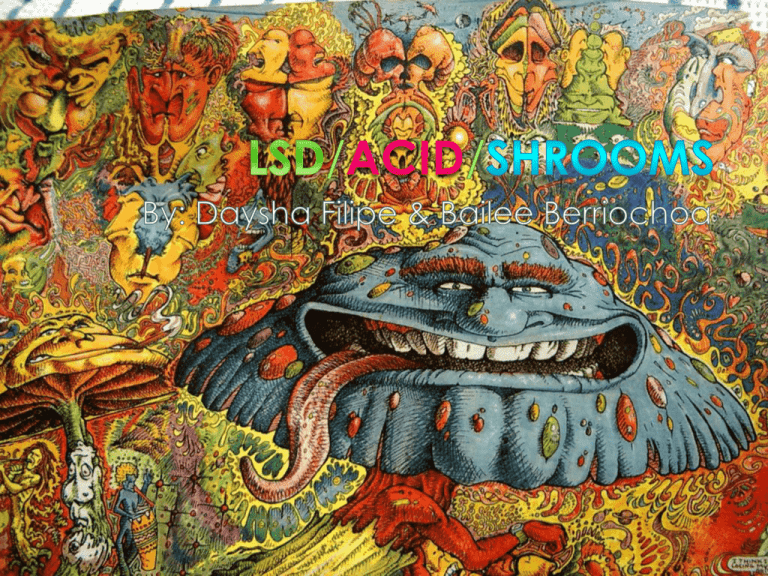
LSD was first synthesised by the Swiss chemist Albert Hofmann in the Sandoz (now Novartis) laboratories in 1938. The laboratory had undertaken a research program aimed at isolating the active constituents of medicinal plants so that they could be produced in the laboratory and later precisely dosed for accurate administration to patients. Dr. Hofmann eventually began researching the ergot fungus and alkaloids which could be derived from it. Ergot was traditionally used by midwives as an ecbolic, a medication used to induce childbirth, and early 20th century research indicated that the various compounds in ergot had other effects on the body as well, prompting further research. Rock paintings in the Sahara of mushroom effigies date back to 7000 BC. Some scholars believe that Soma, the drink mentioned in Vedic literature, was derived from magic mushrooms. Albert Hofmann and Carl Ruck contend that the Eleusinian Mysteries made use of magic mushrooms. S. Odman, in 1784, first suggested that Nordic Vikings used fly-agaric (Amanita muscaria) to produce their berserk rages. Supposedly, the Norse took these mushrooms so that the effect came on during the heat of battle or while at work. During the berserk rage they performed deeds which otherwise were impossible. The rage started with shivering, chattering of the teeth, and a chill. Their faces became swollen and changed color. A great rage developed in which they howled like wild animals and cut down anyone in their way, friend or foe alike. Afterward their mind became dulled and feeble for several days. Some historians believe that magic mushrooms may have been used as far back as 9000 B.C. in North African indigenous cultures, based on representations in rock paintings. Statues and other representatives of what appear to be mushrooms that have been found in Mayan and Aztec ruins in Central America. The Aztecs used a substance called teonanácatl, which means "flesh of the gods," that many believe was magic mushrooms. Along with peyote, morning glory seeds and other naturally occurring psychotropics, the mushrooms were used to induce a trance, produce visions and communicate with the gods. When Spanish Catholic missionary priests came to the New World in the 16th century, some of them wrote about the use of these psychotropic substances. LSD/ACID- Is manufactured from lysergic acid, Which is found in ergot, a fungus that grows on rye and other grains. Tablets, blotter paper, and liquid taken orally. MUSHROOMS- Dried mushrooms can be eaten, brewed and consumed as tea. LSD/ACID- Acid, Blue mist, California sunshine, Tabs, Mellow yellow, Fry, Amp head, Back breaker, Cid, Electric Koolaid, Russian sickles. MUSHROOMS- Magic mushrooms, Booms, Liberty cap, Shrooms, Amani agaric, Fly Agaric. Mushrooms- Some magic mushroom users experience “flashbacks”, or hallucinogen persisting perception disorder (HPPD), which are reoccurrences of hallucinations long after ingesting the drug. The causes of these effects, which in some users occur after a single experience with the drug, are not known. LSD/ACID- The effects of LSD are unpredictable. They depend on the amount taken, the user’s personality, mood, and expectations, and the surroundings in which the drug is used. The physical effects include dilated pupils, higher body temperature, increased heart rate and blood pressure, sweating, loss of appetite, sleeplessness, dry mouth, and tremors. Sensations and feelings change much more dramatically than the physical signs. LSD/ACID- You may have flash backs for the rest of your life. Long term users that try to quit sometimes result in suicide because there bodies cant function without it. MUSHROOMS- There are twelve different varieties. Once a trip has started there is nothing that can get you out of it. It is not physically addictive but mentally. Averages from one to five grams.

